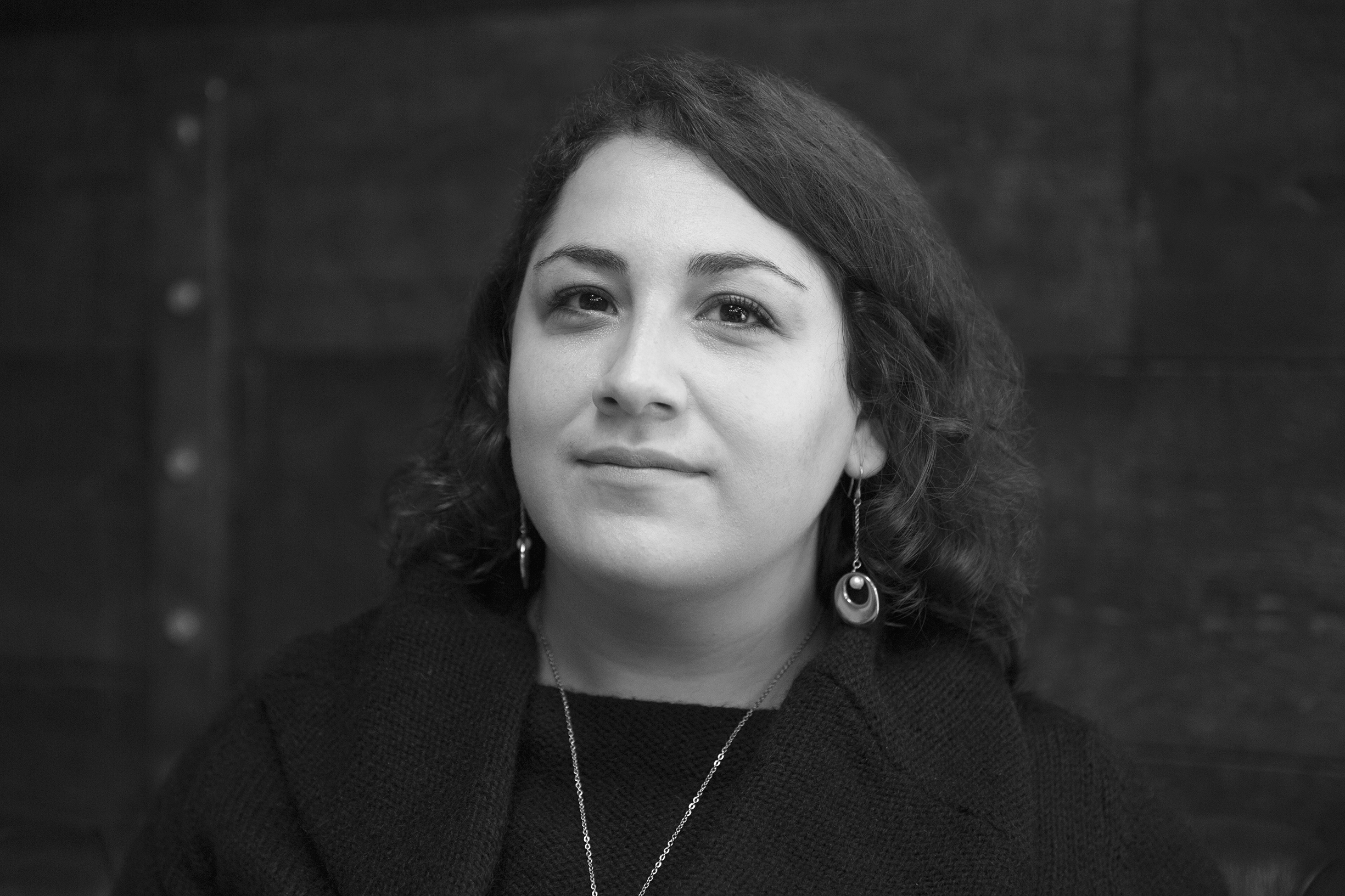Google revealed at its I/O conference in mid-May that it’s developing a new technology called MUM (Multitask Unified Model). MUM can help with more complex queries as it can be used to better understand language and deliver helpful responses.
In fact, Google itself finds that it takes people eight searches to find the answer to more complex informational queries. The example it provides is:
"Take this scenario: You’ve hiked Mt. Adams. Now you want to hike Mt. Fuji next fall, and you want to know what to do differently to prepare. Today, Google could help you with this, but it would take many thoughtfully considered searches — you’d have to search for the elevation of each mountain, the average temperature in the fall, difficulty of the hiking trails, the right gear to use, and more. After a number of searches, you’d eventually be able to get the answer you need."
Google envisions a future where MUM can generate a response to complex questions like: ‘I’ve hiked Mt. Adams and now want to hike Mt. Fuji next fall, what should I do differently to prepare?’
Google compares the answer MUM would be able to deliver to the response a hiking expert would give for the same question. It would understand that the user is comparing two mountains, which indicates elevation and trail information may be needed, and understand that to ‘prepare’ may include activities like fitness training and finding the right gear.
In addition, MUM is capable of surfacing subtopics and can deem certain insights relevant based on its knowledge of the world. So it could point out information such as fall being the rainy season on Mt. Fuji, so the user might need a waterproof jacket. Hence, search results would direct the user to helpful articles, videos, and images from across the web.
MUM hasn’t been released yet, but Google gave us a rare look into how it’s being developed:
- It’s similar to BERT. MUM is also built on a transformer architecture, but it’s said to be 1000 times more powerful with the ability to multitask to unlock information in new ways
- It’s trained across 75 different languages and many different tasks at once
- It’s multimodal, so it understands information across text and images (and in the future, possibly video and audio)
Google has started internal pilot testing of MUM and promises to apply this advanced AI to search results in a responsible manner, such as paying attention to patterns that indicate bias in machine learning, and to announce when it's added to Google search.


